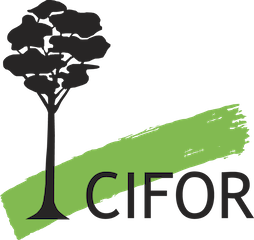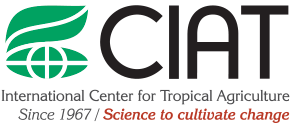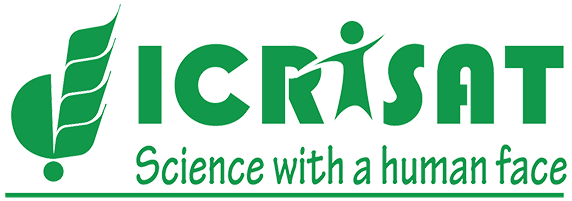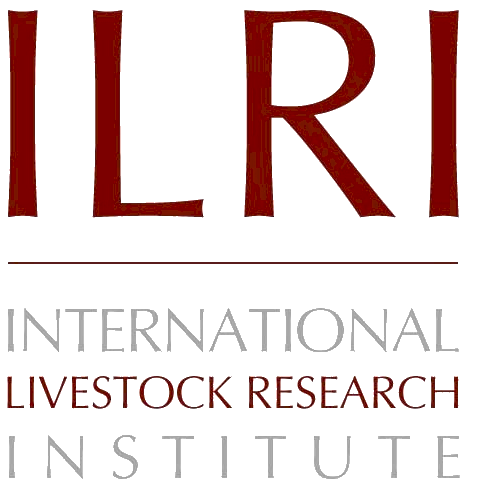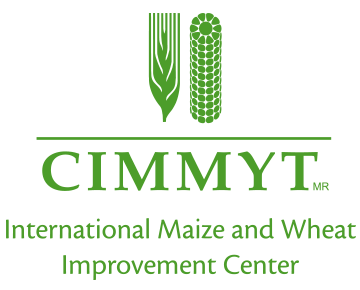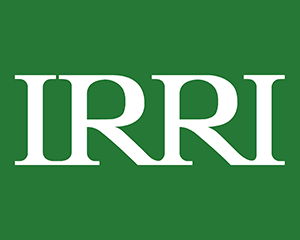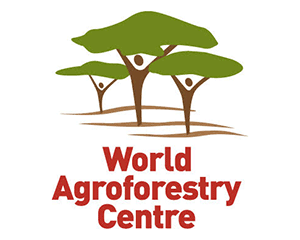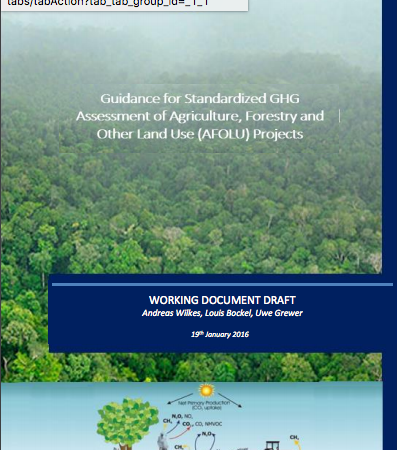
Multilateral finance institutions, bilateral agencies, climate finance mechanisms, and national governments are increasingly developing policies requiring quantification of greenhouse gas (GHG) mitigation impacts of projects and investments in the agriculture, forestry and other land use (AFOLU) sector.
This guidance document is tailored to the needs of finance institutions, multilateral and bilateral donors and their implementing agencies, international organizations and national governments seeking to quantify the GHG mitigation benefits of AFOLU sector project activities, under the following general conditions:
- – ex ante estimates of mitigation impact are required to justify and access finance; and/or
- – if ex post estimates of mitigation benefits are required, these are not used to generate tradable credits; and/or
- – agencies seek to estimate mitigation benefits in a transparent and credible manner with low minimum requirements for investment of resources in GHG quantification; and
- – standard international practice in results-based management is required, involving monitoring and evaluation based on project logframe or results framework indicators; and
- – the use of other specific GHG quantification methodologies is not mandated.
While specific organizational policies vary, there is a common demand among these agencies for lowcost approaches to GHG assessment as an integral part of project cycle and investment portfolio management, and a need for guidance on standardized approaches to GHG assessment that produce credible and comparable results. This can support aggregation of the results of GHG assessment at individual project level for reporting at programme, fund or organization level.
The approach set out in this document integrates GHG assessment activities with the project cycle. It provides guidance on procedures for ex ante assessment of GHG mitigation impacts; for integrating the data requirements for GHG assessment in project monitoring and evaluation (M&E) systems; for the conduct of ex post GHG assessment at project mid-term and terminal evaluation; and for transparent reporting of project-level GHG assessment results. By integrating GHG assessment with the project cycle, and utilizing to the fullest extent possible the data available in project documentation and project M&E systems, it is intended to minimize the additional costs to the project of GHG assessment.
In addition to differences between project activities, significant variation in project level GHG assessment results may arise from decisions regarding the scope of the GHG assessment and the quality and choice of data. This document provides a standardized procedure for determining the scope of GHG assessment, and guidance on how to assess data quality and obtain and utilize the data available during different stages of the project cycle to produce credible estimates of project GHG effects. The credibility of assessment results is also affected by the transparency of reporting. A standardized framework is provided to support transparent reporting of assessment results. A GHG quality control multi-criteria based index is proposed to assess the quality standard of GHG appraisal (below minimum, low standard, high standard, GHG Top standard with In-depth work with tier 2 and series of data control and reviews).
A number of methodologies and tools are available for project GHG assessment in the AFOLU sector. The Ex-ante Carbon Balance Tool (EX-ACT), developed by FAO is one widely used tool. The content of this guidance document is not specific to any particular GHG calculator or tool. However, instructions for implementation of the guidance and examples of using EX-ACT are given.

